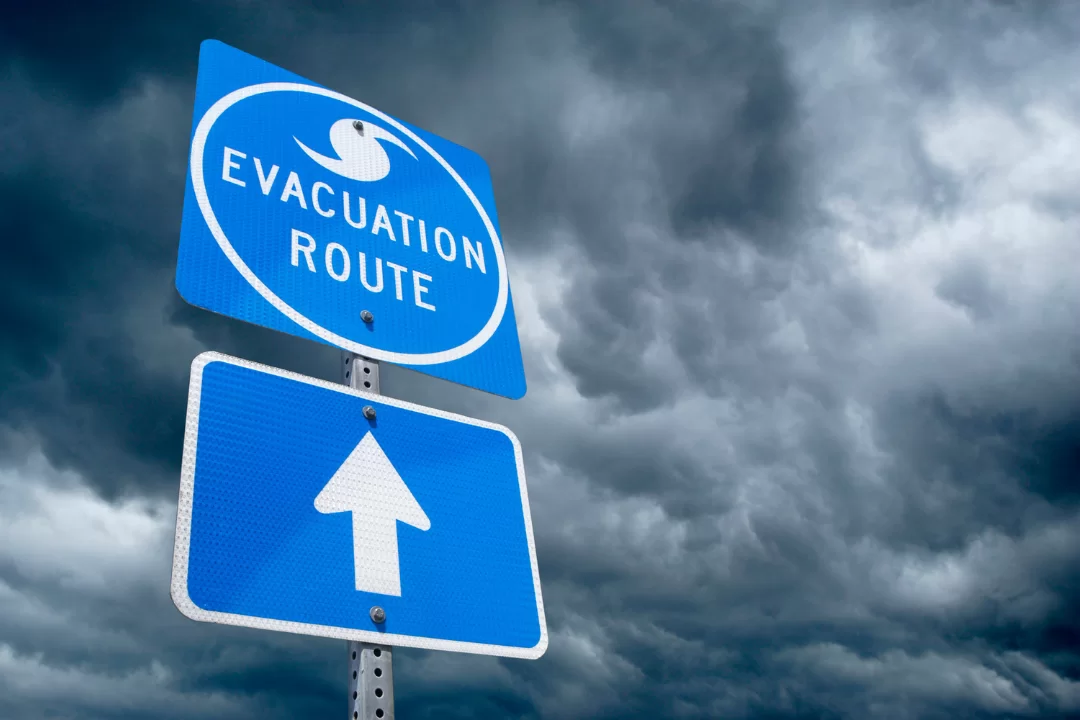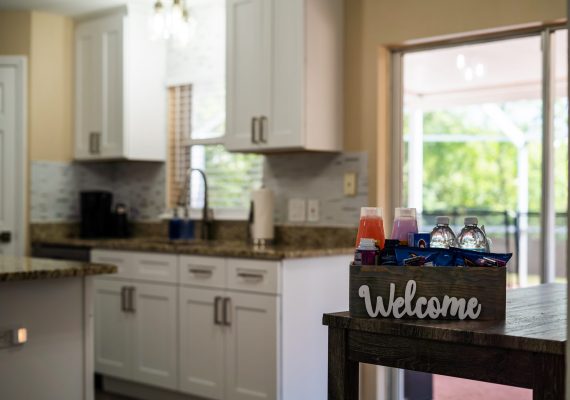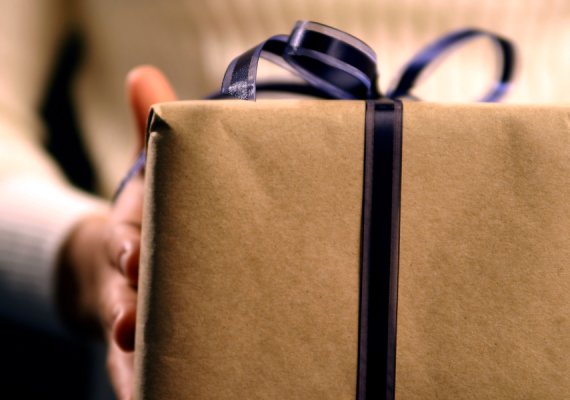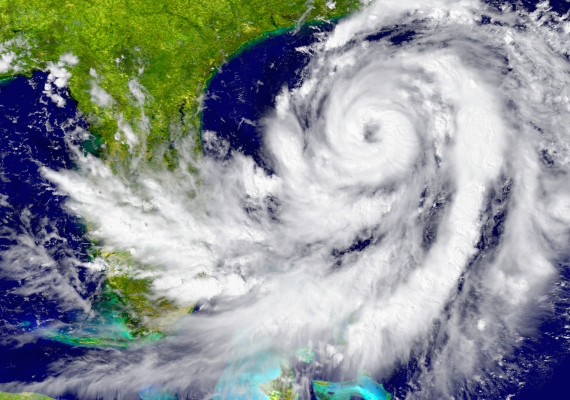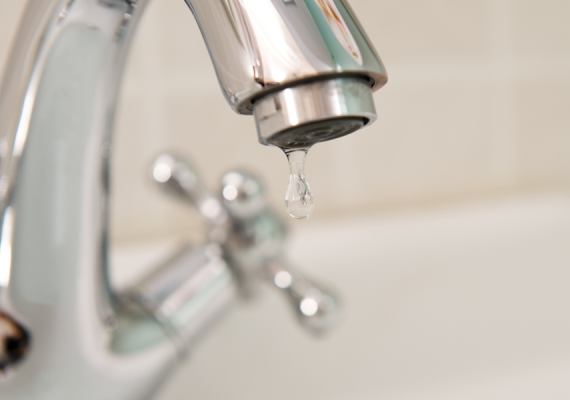Living in the beautiful state of Florida comes with its fair share of advantages, but it also means being prepared for hurricane season. As a renter, it’s essential to take proactive steps to protect yourself, your belongings, and your safety during these potentially dangerous weather events. As your property manager, Kong Management Group is here to help your household plan and prepare for the Atlantic hurricane season, which lasts from June 1 to November 30.
Stay Informed:
Knowledge is power, especially during hurricane season. Stay informed about weather updates, forecasts, and potential storm threats. Sign up for local weather alerts, follow reputable sources such as the National Hurricane Center, and keep an eye on news bulletins. Additionally, familiarize yourself with hurricane terminology and the different categories of hurricanes to understand the potential impact and severity.
Review Your Lease and Insurance Coverage:
Before hurricane season arrives, review your lease agreement to understand your responsibilities and obligations during severe weather events. Familiarize yourself with the clauses related to evacuation procedures, property protection, and possible temporary relocations. It’s also crucial to review your renter’s insurance policy and ensure it adequately covers potential damages caused by hurricanes. If necessary, consider adding additional coverage to protect your possessions.
Create an Emergency Kit:
Prepare an emergency kit that includes essential supplies for you and your household. This kit should include:
- Non-perishable food items: Stock up on canned goods, energy bars, and other non-perishable food items that can last for at least 7 days.
- Water: Store at least one gallon of water per person per day, and don’t forget to include water for your pets.
- Medications: Keep a supply of necessary medications for each member of your household, including prescription medications, first-aid supplies, and any required medical equipment.
- Flashlights and batteries: Ensure you have multiple flashlights and extra batteries readily available.
- Important documents: Gather important documents such as identification papers, insurance policies, lease agreements, and personal records. Keep them in a waterproof and portable container.
- Cash: Have some cash on hand, as power outages can impact electronic payment systems.
- Personal hygiene items: Gather toiletries, personal hygiene items, and sanitation supplies.
Secure Your Rental Property:
Take precautions to secure your rental property against potential damage. Trim trees and shrubs near your residence, as loose branches and debris can become hazardous during high winds. If you have outdoor furniture, bring it indoors or secure it properly to prevent it from becoming projectiles in strong winds.
Create an Evacuation Plan:
In case of a mandatory evacuation order, it’s essential to have a clear evacuation plan in place. Identify evacuation routes and familiarize yourself with local shelters or designated safe areas. Discuss your plan with your household members and ensure everyone understands their roles and responsibilities. If you have pets, research pet-friendly shelters or make arrangements with family or friends who can accommodate them during an evacuation. Please note that, if you or anyone in your household is an individual with a disability, you may need additional help during an emergency.
You can view evacuation zones, evacuation routes, and public shelters here.
Backup Important Data:
Protect your digital assets by backing up important data. Store copies of important documents, photos, and files in the cloud or on an external hard drive. This ensures that even if your physical belongings are damaged or lost, your critical information remains accessible.
Communication and Contact Information:
Establish a communication plan with your loved ones, ensuring everyone knows how to stay connected during and after the hurricane. Share contact information, including emergency numbers, with your family, friends, and neighbors. It’s also a good idea to have a portable, battery-powered radio to stay informed in case of power outages.
Remember, it’s better to take action in advance of a severe weather threat rather than face the consequences of being unprepared. Stay safe, stay informed, and be ready to weather the storm. If you are a resident at a Kong Management Group property and need assistance, contact us at 866-499-9026 or info@kongmg.com.

